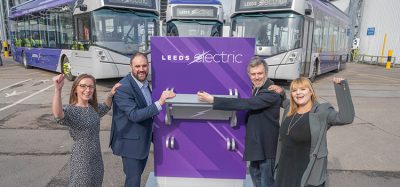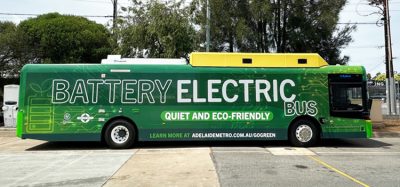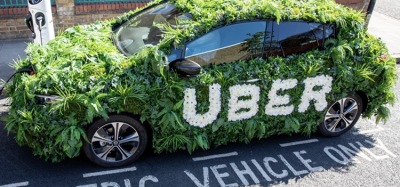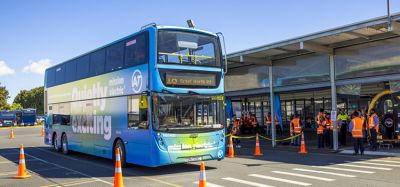Dutch public transport authorities to upscale use of fuel cell electric buses
- Like
- Digg
- Del
- Tumblr
- VKontakte
- Buffer
- Love This
- Odnoklassniki
- Meneame
- Blogger
- Amazon
- Yahoo Mail
- Gmail
- AOL
- Newsvine
- HackerNews
- Evernote
- MySpace
- Mail.ru
- Viadeo
- Line
- Comments
- Yummly
- SMS
- Viber
- Telegram
- Subscribe
- Skype
- Facebook Messenger
- Kakao
- LiveJournal
- Yammer
- Edgar
- Fintel
- Mix
- Instapaper
- Copy Link
Posted: 23 June 2016 | Katie Sadler, Digital Content Producer, Intelligent Transport | No comments yet
Dutch regional authorities have signed a Letter of Intent expressing their commitment for the upscaling of fuel cell electric buses during the TEN-T Days in Rotterdam.
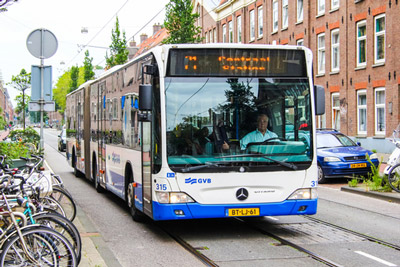

Dutch regional authorities have signed a Letter of Intent expressing their commitment for the upscaling of fuel cell electric buses during the TEN-T Days in Rotterdam.


The Dutch regions of Groningen, South-Holland and the Metropolitan Region Rotterdam-The Hague have agreed to step-up the use of fuel cell electric buses in their region. For these public transport authorities, the signing marks a milestone in the roadmap towards clean buses in public transport.
All new buses in the Netherlands must be zero emission by 2025
The partnership between the public transport authorities (PTOs) is in line with an earlier agreement signed in April this year between the Dutch government and the 14 PTOs in The Netherlands which states that all new buses in 2025 must be zero emission (tank-to-wheel).
This statement comes as a follow up to the Letter of Intent (LoI) signed by PTOs and cities across Europe at the TEN-T days last year in Riga, showcasing their readiness to integrate hundreds of buses in their bus fleets. The LoI was handed to Transport Commissioner Bulc.
Purchase of fuel cell electric buses
The Ministry of Infrastructure and Environment supports the collaboration of the PTOs under its national policy to support the transition to zero emission fuels. With the support of the Ministry of Infrastructure and Environment, the PTOs will request financial support from the European Union for the deployment of 100 busses. By focusing on the purchase of a larger number of fuel cell electric buses the PTOs expect to reduce the initial investment costs for the buses and hydrogen infrastructure. This should stimulate the market development of this type of buses in Europe and the Netherlands.
The European Union considers hydrogen as a possible solution for clean public bus transport. It is expected that in 2017, the European Union will provide for approximately €30 million through the European Fuel Cell Hydrogen Joint Undertaking (FCH-JU).
Related topics
Alternative Power, Fleet Management & Maintenance
Related modes
Bus & Coach
Related cities
The Netherlands




